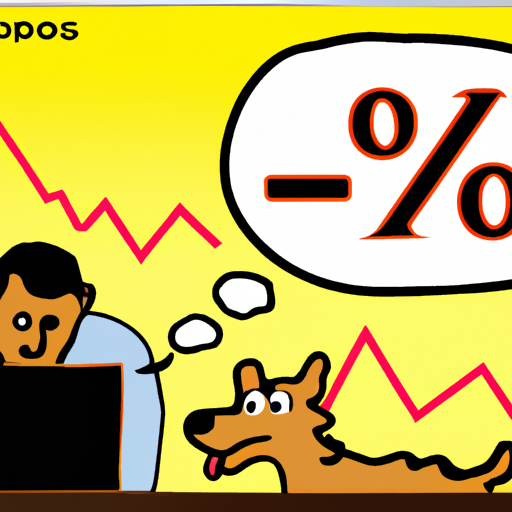Introduction
As a caregiver, you’re tasked with the responsibility of ensuring the well-being of your loved ones. This duty extends to your furry friends too. In this regard, one of the health issues that you might find concerning is leptospirosis in dogs.
What is Leptospirosis?
Leptospirosis is a bacterial infection that affects humans and animals, including dogs. It is caused by Leptospira bacteria, which is often found in contaminated water or soil. If you’ve ever wondered how common this disease is among dogs, you’re not alone. This article explores the prevalence of leptospirosis in dogs, along with other pertinent facts about the disease.
Prevalence of Leptospirosis in Dogs
Leptospirosis is more common in dogs than you might think. It is estimated that up to 8% of all dogs in the U.S. have leptospirosis, with higher prevalence in areas with mild climates and high annual rainfall.
The table below shows the prevalence in different geographical areas:
| Region | Prevalence |
|---|---|
| Northeast | 7.3% |
| Midwest | 6.9% |
| South | 8.1% |
| West | 7.6% |
Risk Factors for Canine Leptospirosis
Several factors increase the risk of dogs contracting leptospirosis. Here are some of them:
-
Geography: Dogs living in or near wooded areas, farmlands, or places with standing water have a higher risk of exposure to the bacteria.
-
Lifestyle: Dogs that spend a lot of time outdoors, especially those involved in activities like hunting or hiking, are more likely to come into contact with contaminated water or soil.
-
Size: Interestingly, larger dog breeds have a higher risk of leptospirosis. Experts believe this could be due to their increased exposure to the outdoors and the disease vectors.
Preventing Leptospirosis in Dogs
Prevention of leptospirosis in dogs primarily involves reducing their exposure to potentially contaminated environments. Here are some steps you can take:
- Keep your dog away from standing water.
- Control rodent population in your home and surroundings.
- Vaccinate your dog against leptospirosis.
Remember, preventing leptospirosis not only protects your dog but also reduces the risk of transmission to humans.
FAQs
Q: Can humans get leptospirosis from dogs?
Yes, leptospirosis is a zoonotic disease, which means it can be transmitted from animals to humans.
Q: How is leptospirosis treated in dogs?
Leptospirosis in dogs is usually treated with antibiotics and supportive care.
Q: Can leptospirosis be prevented?
Yes, there are vaccines available for dogs to prevent leptospirosis.
Conclusion
As you navigate through the journey of being a caregiver to your dog, remember that knowledge is your best tool. Understanding diseases like leptospirosis can help you make informed decisions about your pet’s health. After all, a healthful dog is a happy dog, and a happy dog makes for a happier caregiver.



